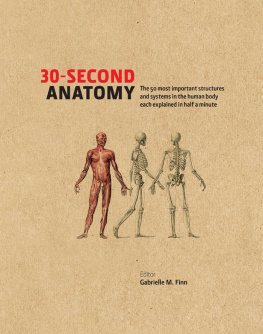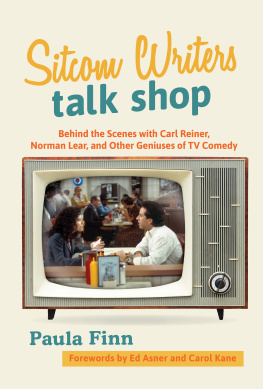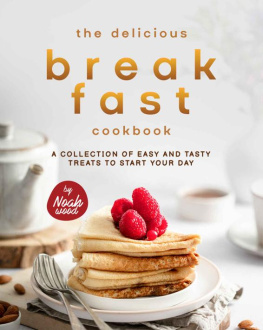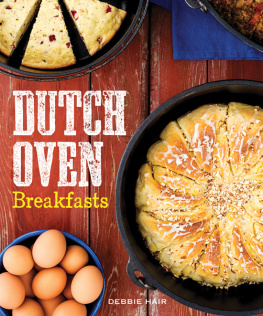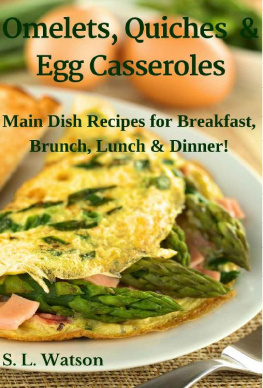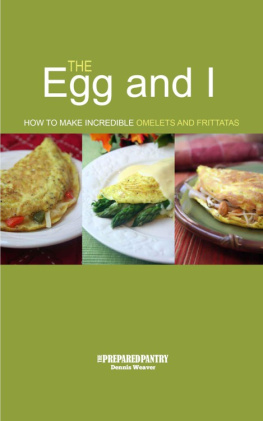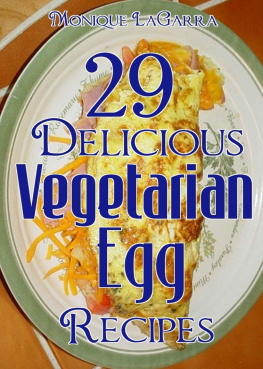
Omelette, copyright 2003 by Marilyn Hacker, from A Strangers Mirror: New and Selected Poems, 19942014 by Marilyn Hacker. Used by permission of W. W. Norton and Company, Inc.
The Jean-Paul Sartre Cookbook by Marty Smith, 1987. Used by permission of the author.
Copyright 2017 by John E. Finn
Illustrations by Diane L. Wright
All rights reserved
For information about permission to reproduce selections from this book, write to Permissions, The Countryman Press, 500 Fifth Avenue, New York, NY 10110
For information about special discounts for bulk purchases, please contact W. W. Norton Special Sales at specialsales@wwnorton.com or 800-233-4830
Book design by Seton Rossini
Production manager: Devon Zahn
Cover design by Seton Rossini
Cover art by Diane L. Wright
The Library of Congress has cataloged the printed edition as follows:
Names: Finn, John E., author.
Title: The perfect omelet : essential recipes for the home cook / John E. Finn.
Description: New York, NY : Countryman Press, a division of W. W. Norton & Company, Independent Publishers Since 1923, [2017] | Includes bibliographical references and index.
Identifiers: LCCN 2016055404 | ISBN 9781581575071 (hardcover)
Subjects: LCSH: Omelets. | LCGFT: Cookbooks.
Classification: LCC TX745 .F56 2017 | DDC 641.6/75dc23 LC record available at https://lccn.loc.gov/2016055404
ISBN 978-1-58157-507-1 (e-book)
The Countryman Press
www.countrymanpress.com
A division of W. W. Norton & Company, Inc.
500 Fifth Avenue, New York, NY 10110
www.wwnorton.com
For Linda

We do not find the meaning of life by
ourselves alonewe find it with another.
THOMAS MERTON

Be content to remember that those who can make omelettes properly can do nothing else.
HILAIRE BELLOC, A CONVERSATION WITH A CAT
This is not a sad story:
I am alone in my kitchen. In front of me is my mothers yellow omelet pan. It is nice to look at, even cute, but at 6 inches in diameter and with impossibly steep sides, it is impracticable if not useless.
I should put the pan in the Goodwill box, along with all the other small gimcracks I have come upon in the months after my mother died from lung cancer (two packs a day for 40 years. She said it was a fair trade). But I cant say good-bye.
Without thinking, I set the pan on the stove and anoint it with butter. I crack two brown eggs and add a bit of water, salt, and pepper. Precisely three drops of Tabasco. With a fork, I bring the eggs to a furious froth and wait for the butter to bubble. Two minutes pass and the result matches my mood and the pan. Beaten into submission, the eggs are bruised and tough. And I cant convince the omelet onto the plate; it sits there in the pan, sullen, stubborn, and uncooperative. (Oh no! Mom has been reincarnated as an omelet!) I should be disappointed, but instead I am cross, not with the omelet, not with myself, but with my mother. It is, after all, her pan. It is her recipe as well. It is her fault.
Nevertheless, it is my omelet, by my hand, and I know that somewhere my mother is laughing, really laughing, amused by my mistake. (She would call it, and me, a foozle.) I havent heard her laugh in many years, not since my father widowed her, but I can hear her now. I settle into a smile, and relinquish the eggs to Daisy, my mothers Boston terrier, who has been waiting at my feet. (Daisy came with the pan.) Can a dog be smug? Daisy, too, might be a candidate for the good-bye box...
My mother was obsessed with omelets. She would skip and chirp about, as happy as a lark, as she would say, when she came across a newspaper recipe advising the amateur chef to add a drop or two (maybe three) of Tabasco. (I can still see the clipping in my minds eye, but I wish I had the piece of paper she cut out and stored in her little wooden box.) She stayed happy, if not jubilant, for a few months or so, or however long it took her to unearth yet another secret (add water, not milk; clarify the butter; or my favorite: use only brown eggs) for making the perfect omelet.
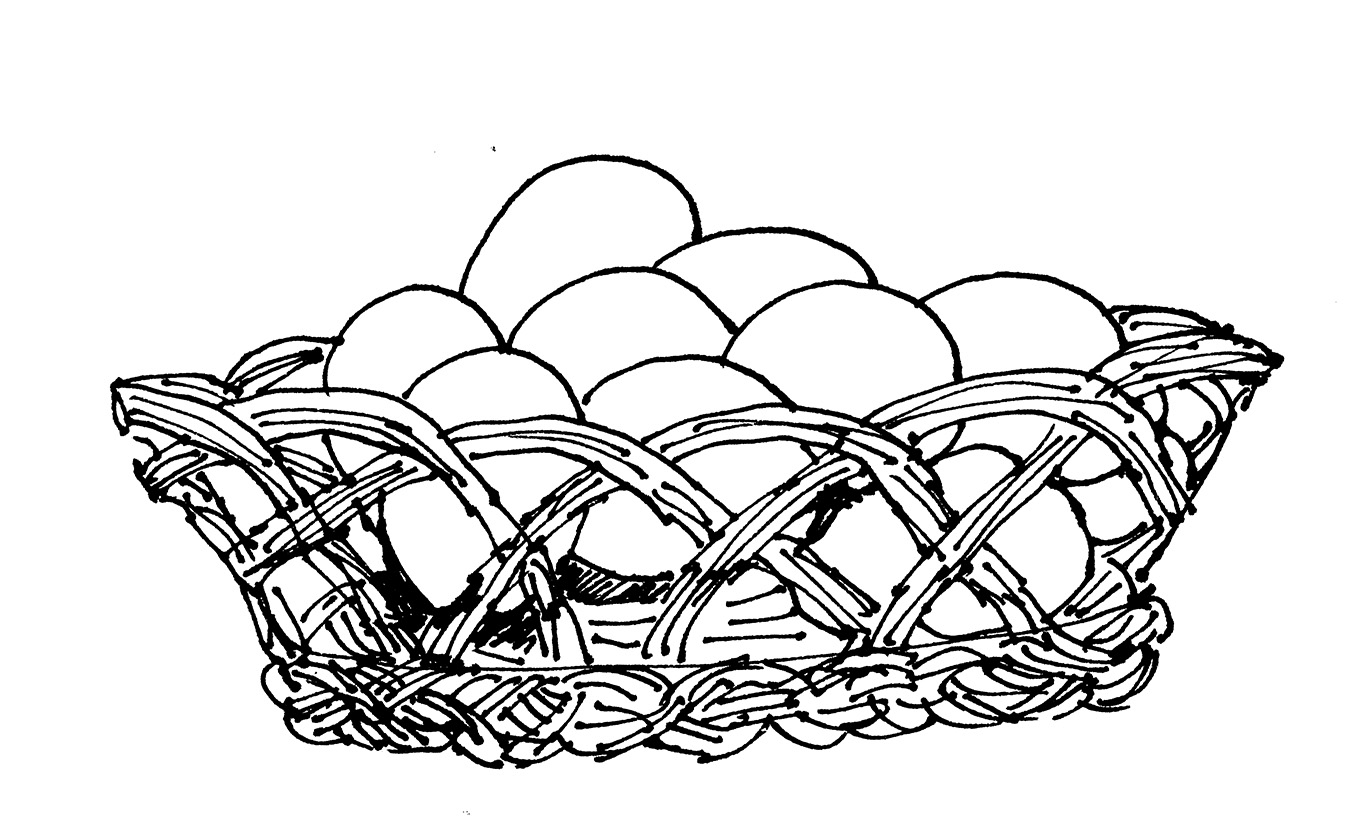
My moms obsession with omelets sometimes embarrassed me. She snuck into the kitchen once at a new restaurant in Seattle (was it called Eggs Etc.? The Omelet Factory? I cant recall) that specialized in omelets, intent on asking the chef about some finer point of omeletry (omeleting?). I sat alone, small at the table, hoping she wouldnt be arrested. I dont know what she learned on her uninvited tour of the back of the house, but we never ate there again. I still imagine her photograph on a Do Not Admit poster by the door. She panned my choice of restaurant for the all-important senior prom dinner because its frittatas were not up to her standards. (I wasnt thinking about the food, much less about frittatas. Neither was my date, thus confirming my mothers disappointment.) We ate instead at a local seafood place. I cannot recall whether the menu included a Clam Omelet Normande (clams, chives, juniper berries, and sauce normande), but I would have chosen something less daunting.
My mother was an earnest and accomplished cook, particularly adept at cheesecakes (and omelets), though curiously inept at meat loaf and pot roast. You might surmise, then, that I learned how to make the perfect omelet from my mother.
In a fashion. I did not realize it then, but my mother made me Sancho Panza to her quest for the perfect omelet. (She and my father loved the Broadway musicals of the 1950s and 1960s. It wasnt Sunday morning without a musical on my fathers prized Fisher hi-fi.) Thinking about it now, I was a poor, inattentive, and uninterested chef de tournant (relief cook). In my defense, I was young and did not come to realize how important an omelet is until I was older and wiser.
What I did learn about omelets (and pretty much about everything else) from my mother is this: There is no secret recipe for the perfect omelet. A perfect omelet does not have a canonical look or form. It cannot be reduced to a formula or mass-produced in a factory. A perfect omelet is not a thing to be admired and consumed. The perfect omelet is a way of doing things, a philosophy about how to cook and, mayhap, about how to live.
If that sounds pretentious or intimidating, remember that a philosophy is simply a way to be in the world, a way of conducting ones life. Indeed, in many philosophical traditions (the Stoics, to take one prominent example, and the Epicureans, for another, notwithstanding their seemingly contradictory precepts), philosophy did not consist in teaching an abstract theory... but rather in the art of living. Philosophies, understood this way, are lessons in how to live. Moreover, philosophy tells us there is no single way to live a life good and true, much less one we can learn from a book. Philosophy asks us to think for ourselves, to find our own way, our own voice. Philosophy is a way of being in the world that prizes questions more than answers, that takes joy in exploration and finds meaning in experience. Not just about matters abstract and ephemeral (like how to live) but also about matters concrete and quotidian (such as how to cook).
Next page


